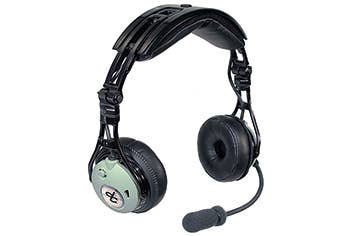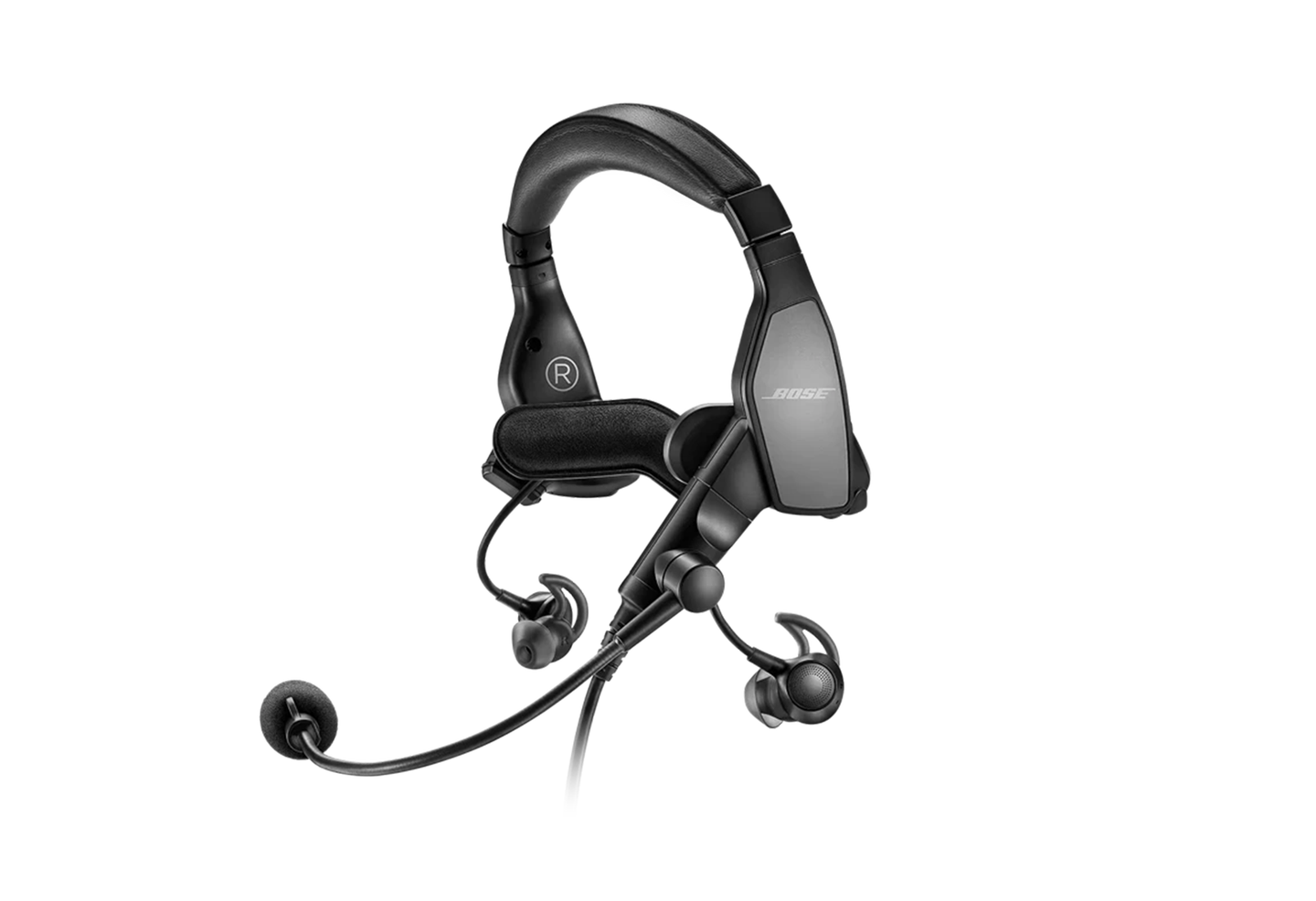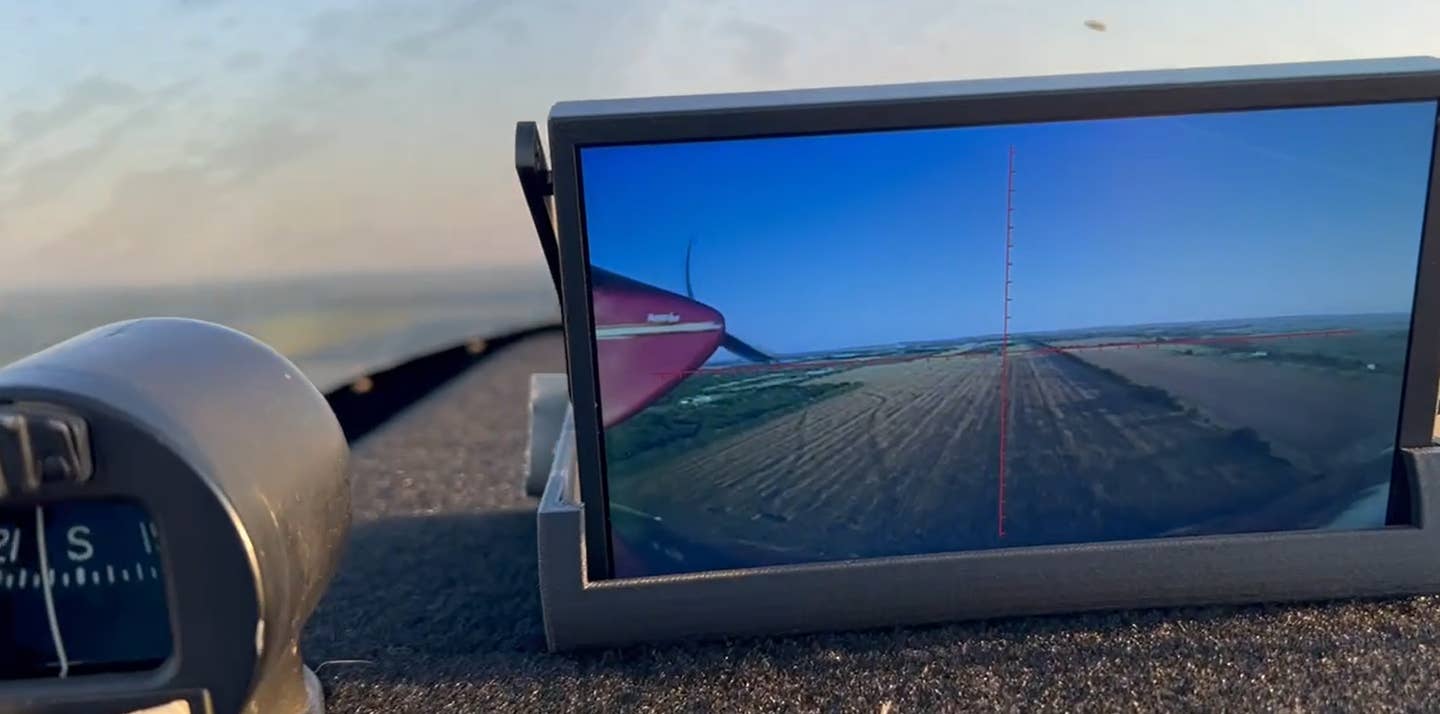
** David Clark DC Pro-X**
If you've seen the ads in Flying for the new David Clark DC Pro-X, you might have wondered what was up with this new product, which looks — save the color of the domes — like nothing David Clark has ever done before. I wondered too.
The brand has a reputation for ruggedness, reliability and quality, along with that unique shade of green, which has remained a trademark of the company. The DC Pro-X combines all of those qualities and puts them into a very small package — so small in fact that I was sure at first sight that it was intended as an over-the-ear model for pilots of jets, which are typically much quieter than piston airplanes.
But that is not the fact at all. The Pro-X is actually intended as a headset that’s at home in any kind of airplane, providing adequate noise cancellation for piston singles, for example, and easy wearability for jet jockeys.
It’s a compromise that sounds nearly impossible to pull off, as though no one would be happy with the final result, but that turns out not to be the case. Rather, the headset is extremely light and comfortable while also providing really good noise cancellation and Bluetooth connectivity for hooking up your cell phone.
Unlike many high-end headsets, the frame of the Pro-X is magnesium, instead of high-impact plastic, and its articulating arms have two hinges instead of one, each located midway between the crown and the ear. The result is a really beefy frame with no heavy clamping spot up high. The earcups don’t quite fit around your ears as much as they sit on top and mold to their shape. There’s not really a complete seal around the ear, but they’re very comfortable, with no sense of the cups squeezing your ears, as you can get with some full-coverage headsets.
The Pro-X is not the quietest headset on the market, but it’s pretty quiet. I tested it alongside a Bose A20 model — which costs about $400 more than the David Clark mini — and the Pro-X was, predictably, not as quiet. But it was a lot closer than I’d expected.
David Clark says that this is because the headset utilizes a new hybrid form of electronic noise cancellation that relies on both internal and external sampling microphones to create a more powerful anti-noise image to defeat the external sound.
The Pro-X is TSO’ed, for operators who require that feature. Its Bluetooth connection is the fastest I’ve ever used, its control box is user-friendly, and the sound quality of the headphones and the mic were both very good. Music, in particular, sounded great, and my cell-phone call went flawlessly, with good sound on both ends, at least as far as cell-phone sound is concerned.
The DC Pro-X goes for a street price of $637 and is available directly from David Clark or from your favorite retailer.
Get exclusive online content like this delivered straight to your inbox by signing up for our free enewsletter.

Sign-up for newsletters & special offers!
Get the latest FLYING stories & special offers delivered directly to your inbox






